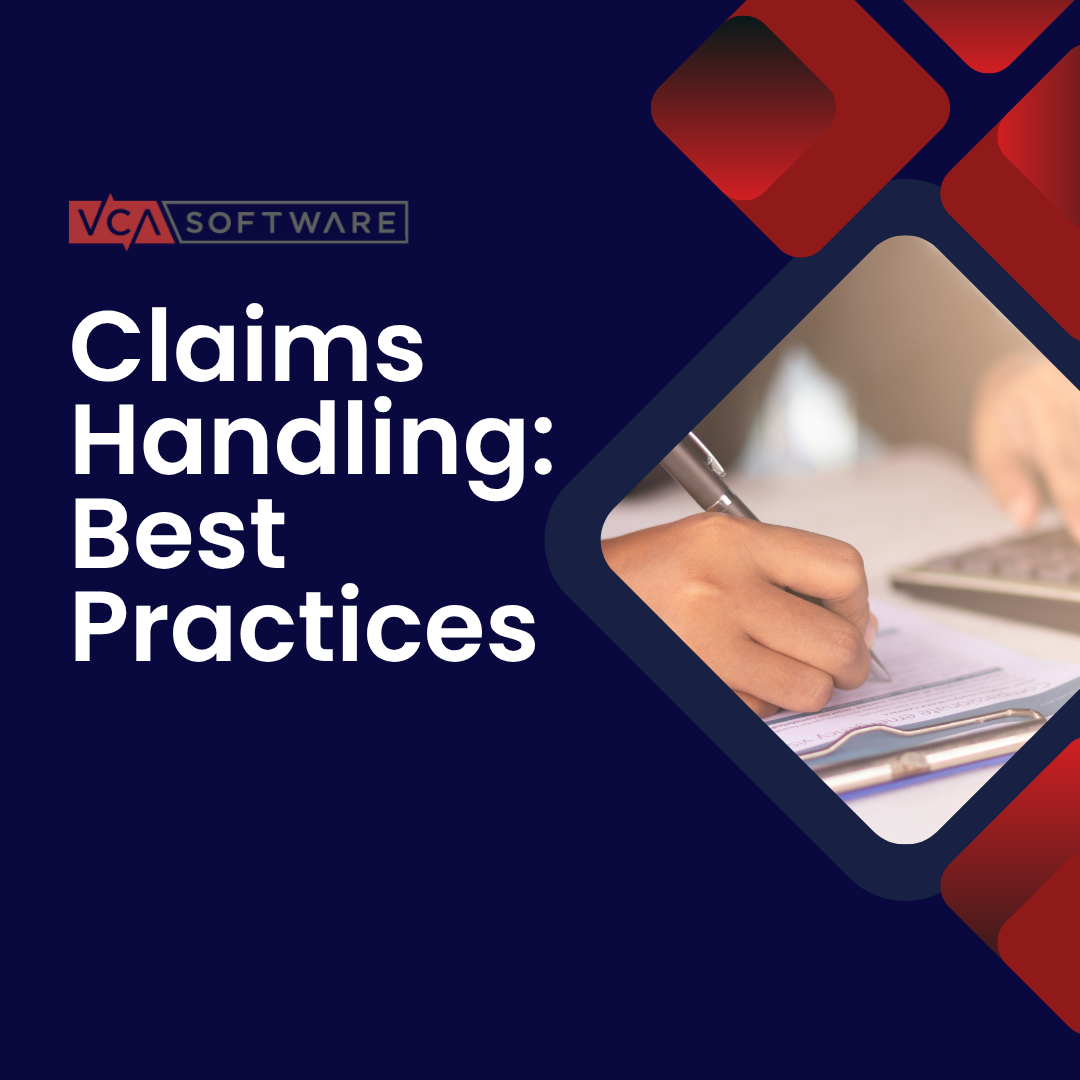Recent jury awards, settlements, and court rulings may help shape costs and exposures for years to come. Let’s explore some of the recent claim verdict developments.
Operators Agree to $102 Million Settlement Over Baltimore Bridge Collapse
Property Casualty 360 says Grace Ocean Private Ltd. and Synergy Marine Group – the operators of the cargo ship that collided with the Baltimore Francis Scott Key Bridge in March – have agreed to a $102 million settlement with the U.S. Department of Justice. The settlement will cover cleanup costs to ensure U.S. taxpayers won’t foot the bill. At least 45 parties have filed claims against the operators of the cargo ship over the bridge collapse. Replacing the bridge by 2028 is expected to cost at least $1.7 billion.
Hawaiian Electric Will Pay $2 Billion Over Maui Fire
Claims Journal says Hawaiian Electric Industries has finalized a $2 billion agreement to settle damage claims stemming from the wildfires that devastated Lahaina in Maui. Before it makes the payments, certain conditions must be met, which include resolving insurer claims through an agreement or court order. The settlement does not resolve claims related to the fire that are part of separate lawsuits.
Use of Generative AI by Expert Witness Raises Eyebrows
Generative AI is finding its way into court cases. According to Ars Technica, an expert witness in a New York real estate dispute used Microsoft’s Copilot to estimate damages. The judge called out the use, warning that all parties must disclose any use of AI before admitting testimony or evidence. Although the expert defended his use of generative AI, the chatbot itself stated that its outputs “should always be verified by experts and accompanied by professional evaluations before being used in court.”
Hawaii Rules That Greenhouse Gases Are Pollutants
Pollution exclusions are standard in commercial general liability insurance policies. This leads to the question: do these policies consider greenhouse gas emissions to be pollutants? As reported by Insurance Business, the Hawaii Supreme Court has ruled that greenhouse gases do fit the policies’ definition of pollutants that cause bodily injury or property damage. The case in question involves lawsuits against Aloha Petroleum, in which plaintiffs accuse the company of contributing to climate change-related damages.
Failure to Yield Leads to $3.4 Million Verdict
Property Casualty 360 says a Georgia State Court jury returned a $3.4 million verdict against State Farm and an insured driver – an amount that’s close to 70 times greater than the pre-settlement offer of $49,000 that the defense offered. The case involved collision that occurred in 2016 and left the plaintiff with permanent injuries. The defendant allegedly struck the plaintiff while making a left turn toward an on-ramp and failing to yield the right of way.
Couple Can’t Sue Uber, Due to Terms and Conditions Agreement
According to NPR, a New Jersey couple filed a lawsuit against Uber over serious injuries sustained when the Uber they were riding in was involved in a crash. However, a New Jersey appeals court has ruled that the couple cannot sue Uber, due to the terms and conditions in the company’s app. The couple says their daughter (a minor) agreed to the terms when placing an Uber Eats order. Uber had filed a motion to dismiss the complaint and compel arbitration.
Another Court Rules That Commercial Property Policies Don’t Cover COVID Losses
There’s been another development in the court battle over whether businesses can claim business interruption losses from COVID-19 shutdowns under their commercial property insurance policies. According to Houston Harbaugh, P.C., the Supreme Court of Pennsylvania has ruled that there is no coverage, because the shutdowns did not involve “direct physical loss of or damage to” property, as required under the policies. The majority of jurisdictions where the issue has gone to trial have reached the same conclusion.
Louisiana Says Insurers Cannot Force Arbitration
According to Phelps Dunbar LLP, the question of whether insurers can enforce arbitration provisions in Louisiana has been litigated heavily since 2020, when Hurricanes Laura and Delta impacted the state. A recent ruling from the Louisiana Supreme Court found that, in most cases, insurers cannot enforce arbitration provisions in insurance contracts.
When insurance claims go to court, total costs often surge. VCA’s claim management software will help you manage claims to prevent escalation and litigation. Learn more.




